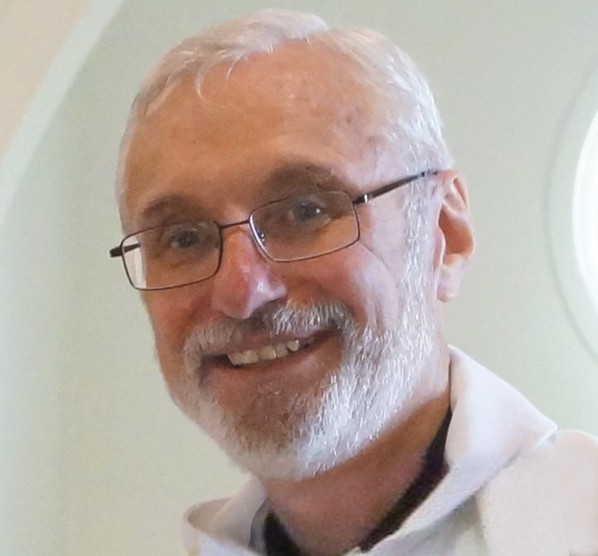What would Jesus have me do?
 By Fr. Roger Brennan, S.F.M.
By Fr. Roger Brennan, S.F.M.
January-February 2016
As Christians we are required to bring our faith and values into all aspects of our life. This brings us to the area of discernment, judging our actions today by the standards of the Gospel message we have received from Jesus Christ. It is not so much a question of “What would Jesus do?” as “What would Jesus have me, in my circumstances, do?” This requires a deep sense of the spirit of the Gospel and an understanding of the matter in which we may become involved. It also requires a mature knowledge of ourselves: our strengths and weaknesses, our skills, limitations, interests, and motivations.
In especially important matters, discernment may also require consultation with others who are knowledgeable about the particular issue and who may also know you. I am always intrigued by the incident in St. Matthew’s Gospel (16:13-17) when Jesus and the apostles are in Caesarea Philippi and he asks them, “Who do people say the Son of Man is?” and then, “Who do you say that I am?”
From a human point of view, Jesus may have been asking his closest friends to help him discern his vocation. Peter responds, “You are the Messiah,” thus confirming what Jesus himself had concluded.
In a number of cases in the Gospels, Jesus himself guides people’s choices, as when he says to Peter, Andrew, James, and John, “Follow me.” On another occasion he points a man in another direction. When the man who has been freed from many demons in the country of the Gerasenes (Matthew 5:1-20) asks to stay with Jesus, he is directed to go to his home and his own people and tell them about the wonderful things God has done for him.
The signs of the times
At the end of his ministry, as Jesus approaches Jerusalem, he begins to speak to his disciples about the destruction of Jerusalem and the end of the world. He tells them that just as they know that summer is coming when the fig tree is about to bloom, they will know that the things of which he is speaking are about to happen if they observe what is happening around them (Matthew 13:28-29). Jesus is telling his disciples that they must discern the signs of the times.
“The Church’s reading of the signs of the times is a kind of discernment by the Church at the global level.”
This admonition of Jesus was picked up by the Second Vatican Council (1962-1965) as an important tool for the Church to use in bringing the message of Jesus to the world. It enables the Church to sense where the Spirit of God is present and moving in world events and where world events call for a particular response from the Church. A good example of this dynamic is found in Pope Francis’ recent encyclical Laudato si, in which he challenges all peoples with the need to address concerns in our treatment of the Earth and its resources and in the just distribution of those goods that are necessary for a decent human life. The Church’s reading of the signs of the times is a kind of discernment by the Church at the global level.

In Antigonish, Nova Scotia, people taking part in the global climate march of November 28, 2015, as part of the town’s Santa Claus parade.
God is present and active in all events—those in our personal life and those that affect the whole world.
We can only respond to these appropriately as Christians if we remain alert and open to the guidance of God’s Spirit; in other words, we must be prepared to discern the way forward, aware that we are in a partnership with the Lord of the Universe.∞
Scarboro missioner Fr. Roger Brennan assists the One-Year Mission Program as a member of the outreach team, the application screening team, and the formation team.
